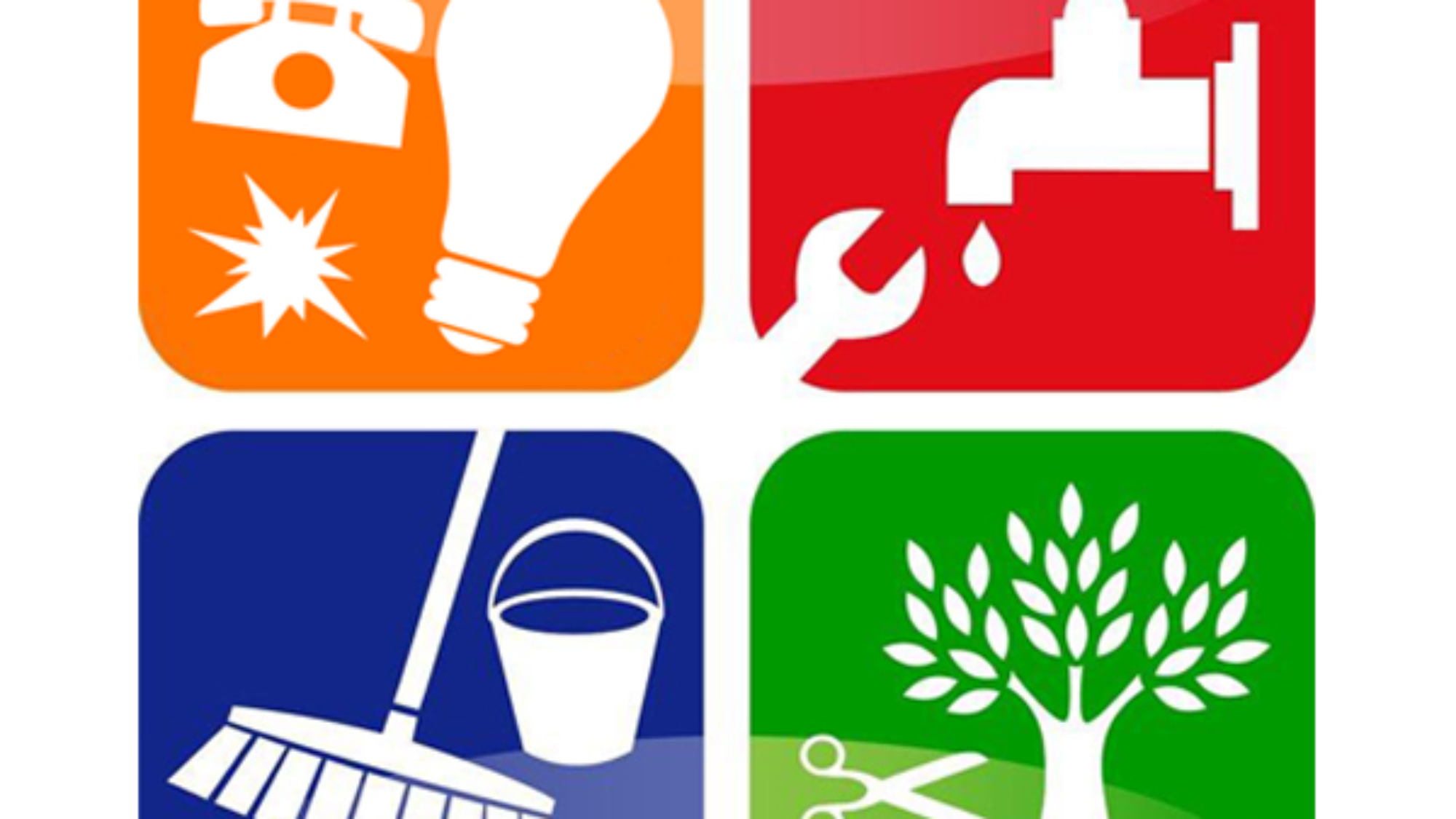Total Facility Management Explained: A Resource for Facility Managers
Total Facility Management Explained: A Resource for Facility Managers
Blog Article
Why Total Facility Management Is Essential for Organization Success
Total Facility Management (TFM) serves as a foundation for organization success by integrating diverse operational aspects such as maintenance, area use, and safety steps. As services browse an affordable landscape, recognizing the complex advantages of TFM can be crucial in driving cost efficiency and improving employee productivity.
Understanding Total Facility Management
Total Facility Management (TFM) includes a detailed strategy to taking care of a company's structures and connected solutions to make sure ideal performance, security, and effectiveness. TFM integrates various disciplines, consisting of maintenance, operations, room management, and safety procedures, to develop a natural framework that supports an organization's core objectives.
At its core, TFM aims to simplify the procedures entailed in facility management, boosting and minimizing redundancies solution delivery. This approach entails the control of activities related to residential or commercial property management, such as fixings, cleaning, and energy management, to promote a productive setting for stakeholders and employees alike. TFM additionally highlights the significance of implementing ideal practices and cutting-edge innovations to improve solution high quality and reduce functional costs.
By lining up facility management activities with organizational objectives, TFM boosts overall efficiency while making certain compliance with health and wellness, safety and security, and environmental policies. Therefore, TFM offers not just as a logistical function however additionally as a strategic asset, contributing to a company's lasting sustainability and development.
Key Benefits of TFM
Leveraging a detailed strategy, organizations that implement Total Facility Management (TFM) unlock a myriad of benefits that add to general organization success. Among the key benefits of TFM is the enhancement of operational efficiency. By consolidating facility services under a unified management structure, organizations can improve processes, reduce redundancies, and improve communication across departments.
Furthermore, TFM promotes a proactive maintenance technique, which reduces downtime and extends the lifespan of facilitiess and equipment (Total Facility Management). This proactive approach not just boosts performance yet additionally promotes a much safer working atmosphere, ultimately resulting in higher staff member contentment and retention prices
Furthermore, TFM assists in much better resource allocation by giving understandings into facility efficiency metrics. Organizations can determine areas for improvement, permitting them to make enlightened decisions that straighten with their tactical goals.
TFM and Expense Efficiency
Achieving cost performance is an essential goal for companies, and Total Facility Management (TFM) plays a critical role in this undertaking - Total Facility Management. By incorporating various facility services under a solitary management structure, TFM allows organizations to simplify procedures and reduce redundancies. This all natural method leads to substantial cost financial savings, as it gets rid of the demand for several suppliers and streamlines purchase processes
Moreover, TFM promotes proactive upkeep strategies, which lessen the risk of expensive repairs and downtime. By focusing on safety nets, organizations can prolong the life-span of their possessions and lower unexpected expenses. Additionally, TFM integrates power management methods, which can drastically cut energy prices through effective source usage.
The centralization of information and analytics within TFM permits organizations to make educated economic decisions. By determining patterns and areas for renovation, TFM enables tailored approaches that further enhance expense management. Furthermore, the scalability of TFM services makes sure that as companies expand, their facility management practices stay effective and straightened with economic objectives.
Enhancing Employee Productivity
A well-managed facility can considerably improve worker efficiency by developing a helpful workplace. Reliable Total Facility Management (TFM) guarantees that all elements of the work environment-- from illumination and temperature to tidiness and safety-- are optimized. When employees operate in a space that is comfy and properly maintained, they are a lot more most likely to focus on their tasks, resulting in greater result and work fulfillment.
Additionally, TFM can improve collaboration through the strategic layout of common areas, encouraging synergy and technology. By purchasing the best resources and modern technology, companies can help with seamless interaction and enhance workflows, further boosting efficiency. Regular upkeep and timely responses to facility problems prevent disturbances that might otherwise prevent performance.
In addition, a healthy and balanced and risk-free workplace, supported by TFM methods, decreases absence and promotes health, directly associating with enhanced performance levels. Ultimately, prioritizing facility management is an investment not only in physical assets but additionally in the workforce itself. By fostering an atmosphere that supports worker demands and preferences, organizations can cultivate an extra engaged and effective labor force, driving general success and affordable advantage.

Future Trends in TFM
Welcoming technical innovations is readied to reshape the landscape of Total Facility Management (TFM) in the coming years. As the need for efficiency and sustainability increases, TFM will increasingly adopt smart building technologies, integrating Internet of Things (IoT) devices reference to manage and keep track of facility operations in real-time. This change will certainly make it possible for aggressive upkeep, substantially minimizing functional expenses and improving solution shipment.

Sustainability remains an important focus, with TFM experts anticipated to prioritize environment-friendly practices. This includes making use of renewable energy resources and maximizing waste management systems to minimize the carbon impact of visit site facilitiess.
Remote management abilities will certainly additionally be increased, allowing facility managers to supervise operations from essentially anywhere. This adaptability will certainly come to be vital as organizations adapt to hybrid work models. In summary, the future of TFM is poised for transformation through technology, sustainability, and enhanced operational techniques, guaranteeing services stay competitive in a developing landscape.
Final Thought
By integrating numerous functional functions, TFM boosts effectiveness and straightens facility management with organizational purposes. As services increasingly take on sustainable techniques and ingenious technologies, the value of TFM will continue to expand, guaranteeing lasting operational performance and competitiveness top article in a progressing marketplace.

Report this page